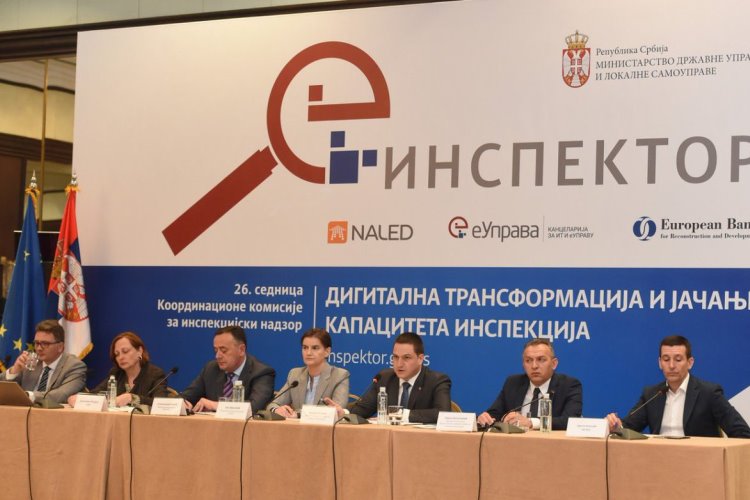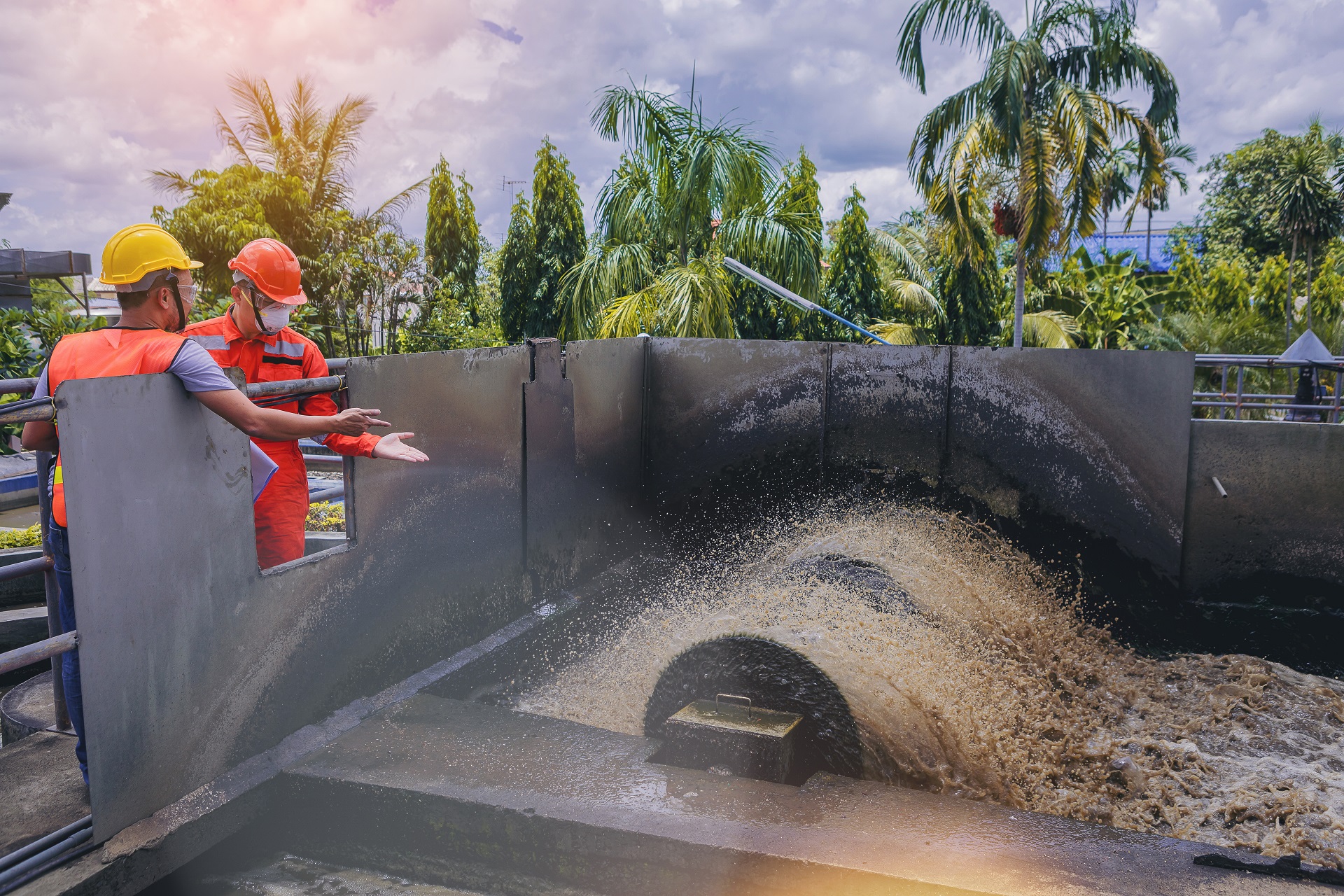After Montenegro, inspection reform now being “exported” to BiH
The Government of the Federation of BiH recently confirmed the beginning of the realization of the project involving a comprehensive program of professional training of inspectors and the introduction of online platform for exchange of information and knowledge among inspection bodies. This way, Serbia’s experiences and best practice in inspection reform will be further replicated in Bosnia and Herzegovina, after its implementation in Montenegro.
The project is financed by the European Bank for Reconstruction and Development (EBRD), and is being implemented by NALED in cooperation with the FBiH Public Administration Agency. It is intended for the Federal Administration for Inspection Affairs, which involves 11 inspectorates and the sector for border inspections.
- The European Bank for Reconstruction and Development has gained extensive experience in supporting inspection reform in the Western Balkans. In Serbia, since 2017, we have supported the comprehensive reform of 43 inspections, which was assessed as one of the most successful in the last 10 years, especially when it comes to inspectors’ professional development. We have also supported inspection reforms in Montenegro, Northern Macedonia and Albania over the past two years. After Montenegro, together with NALED we want to improve the knowledge of inspectors in the Federation of BiH, since the coronavirus pandemic has increased the level of informal business and the need to monitor implementation of many new regulations adopted to prevent the spread of COVID-19, which posed greater challenges for the inspection authorities and the need to acquire new knowledge - says Jelena Ćirković, Project Coordinator at the EBRD.
Trainings are also needed so as to ensure more efficient use of the available capacities of inspection bodies in the neighboring country. Along with training for the Federal Administration inspectors, the invitation will also be provided to inspectors of cantonal inspections, tax authorities and other bodies that perform supervision.
Another important segment of the project is the development of an online platform, which will allow inspectors to exchange information and materials useful for improving their efficiency, various documents, video instructions, models of document they use during controls, supervision reports and more. The platform will enable these materials to be updated, downloaded and shared with institutions that are not part of the inspection system, but are important in combating shadow economy, such as misdemeanor courts, customs and tax authorities.
The coronavirus pandemic has led to strengthening of the most common forms of shadow economy, such as cash sales without VAT, partial payment of wages in cash, illegal increase in food prices and other products that generated increased demand during lockdowns, and cross-border smuggling.
The trainings within the project will especially focus on improving the knowledge for countering shadow economy in risk sectors such as construction, labor market, retail, agriculture and veterinary medicine, health and environmental protection.



